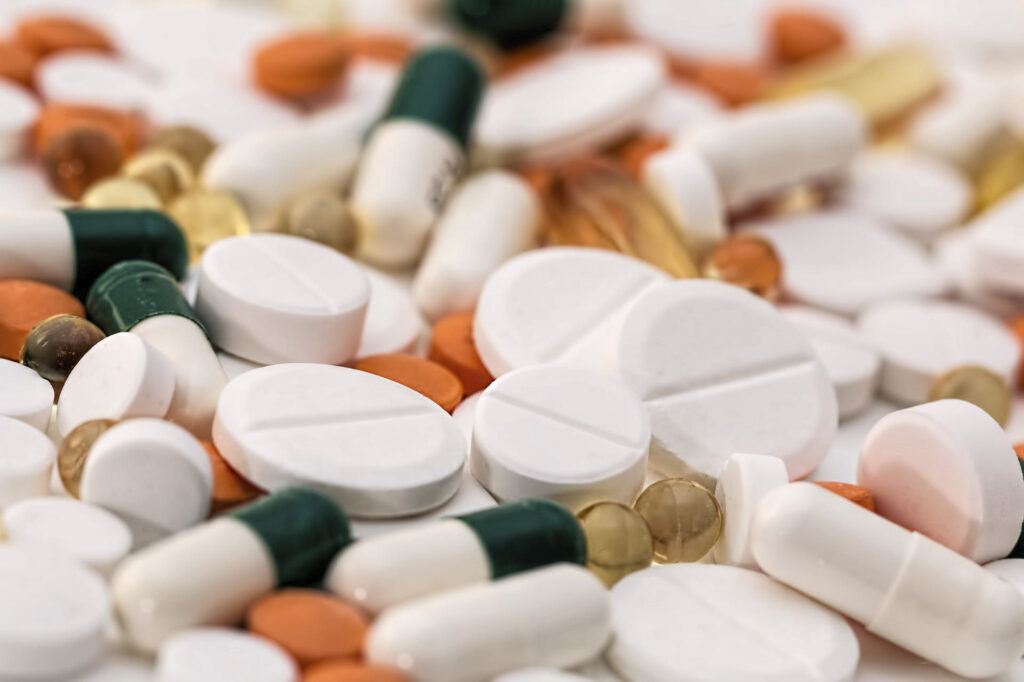Pharmaceutical waste includes medications, vaccines, and other products that are damaged, expired, or otherwise unusable by a medical facility. This waste could also include gloves, maskings, connective tubing, or vials that have come in contact with certain pharmaceuticals.
This type of waste can be broken down into two basic management categories:
Hazardous Pharmaceutical Waste
Hazardous pharmaceutical waste is liquid or solid waste that contains dangerous or potentially harmful properties to human health or the environment.
RCRA, or the Resource Conservation and Recovery Act of 1976, defines hazardous waste as P, U, and D-listed wastes. Pharmaceuticals could potentially fall into these lists and must be disposed of properly. Epinephrine, chemotherapy agents, warfarin, and other materials fall into these categories.
U.S. EPA’s final rule for ‘Hazardous Waste Pharmaceuticals’ prohibits healthcare facilities and reverse distributors, as defined by U.S. EPA, from flushing, pouring, or draining pharmaceuticals down a toilet, sink, tub, or other drains as a disposal option.
Non-Hazardous Pharmaceutical Waste
While it may seem harmless, non-hazardous pharmaceutical waste is not necessarily “non-hazardous.” A better way to describe this waste would be non-RCRA-regulated waste. Though non-hazardous pharmaceuticals are not included on RCRA lists, they still have the potential to be dangerous to human health and the environment if not disposed of properly. It is considered a best management practice to dispose of these pharmaceuticals securely with a licensed disposal company.

